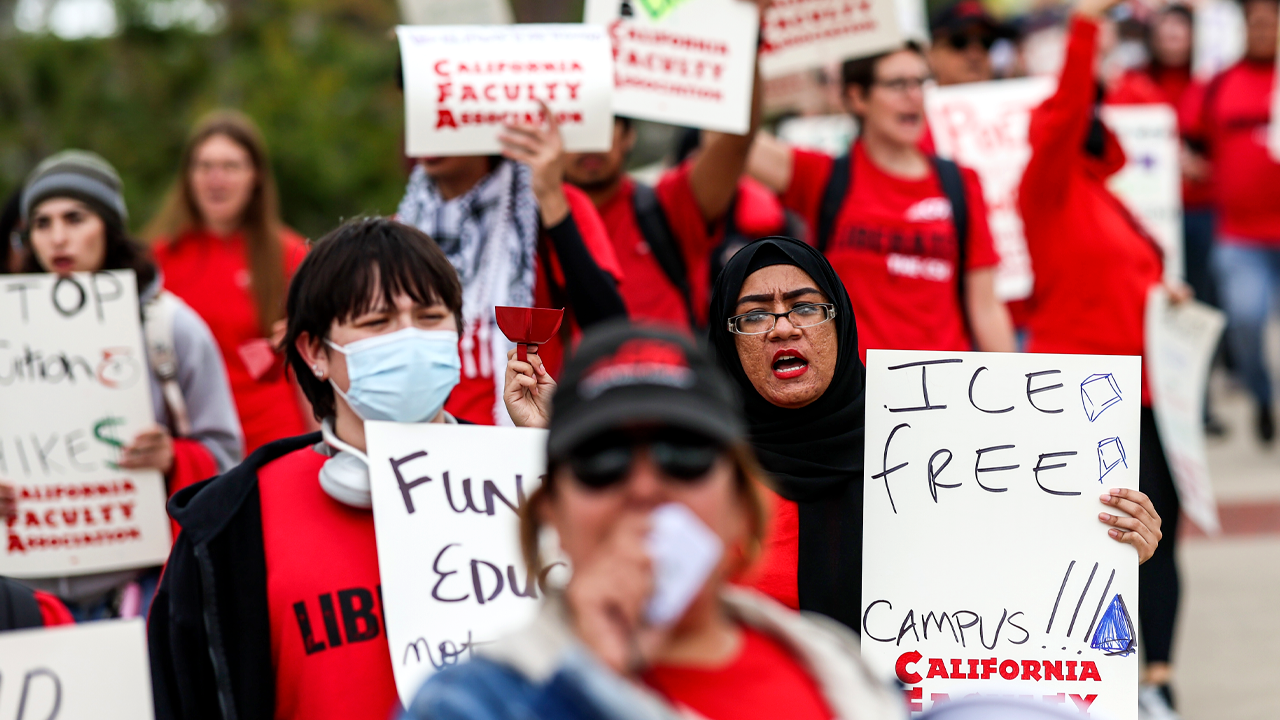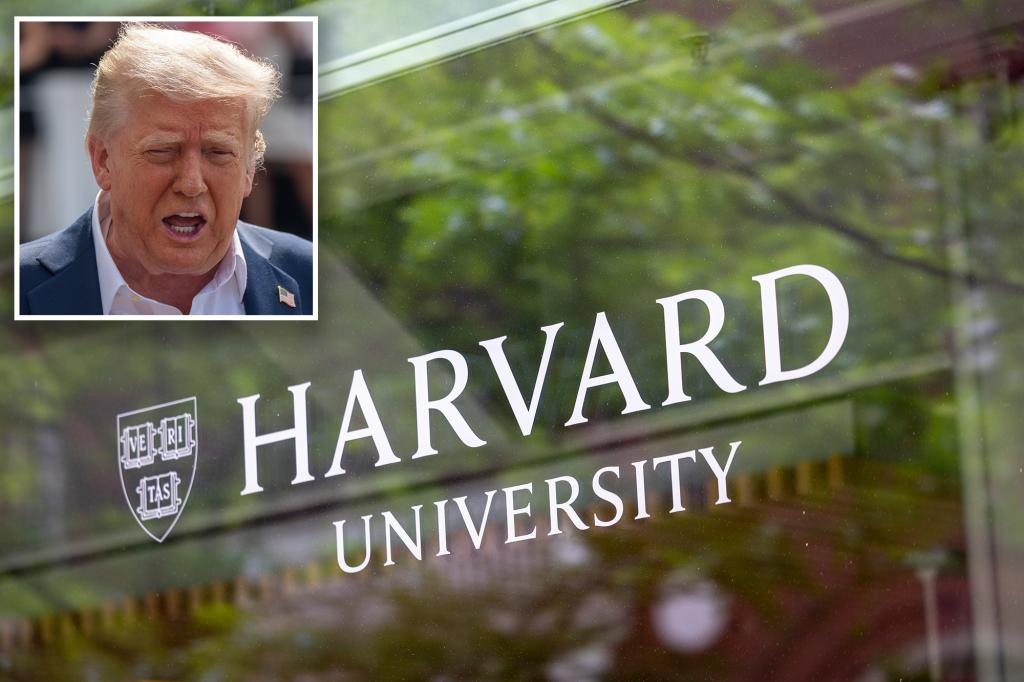Controversy Erupts as EU State Excludes Russian-Born Student from Nuclear Site Visit
A recent decision by an EU state to bar a Russian-born child from a school tour of a nuclear facility has ignited a heated debate over discrimination and educational access. This incident underscores the complicated interplay between geopolitics and the lives of young individuals, raising significant questions about educational policies within Europe. As tensions continue to rise in international relations, the implications of such actions extend beyond individual cases, potentially affecting broader educational environments across the continent.
The Incident: A Case of Discrimination?
This particular incident unfolded when a school group planned a visit to a nuclear facility, a common educational outing intended to expose students to science and technology in a hands-on environment. However, the organizers decided to exclude a Russian-born student from participating. The reasons cited ranged from security concerns to political sensitivities, but the decision was met with immediate backlash from parents, educators, and civil rights advocates alike.
The exclusion of the student raises fundamental questions about discrimination in educational settings. Critics argue that such actions not only stigmatize children based on their nationality but also contradict the core values of inclusivity and equality that many European nations profess to uphold. The uproar emphasizes the need for educational institutions to promote understanding and tolerance, rather than division based on geopolitical tensions.
Educational Access and Geopolitical Tensions
In recent years, the geopolitical landscape has become increasingly polarized, particularly in relation to Russia. The fallout from the conflict in Ukraine, sanctions, and diplomatic rifts have created a climate of distrust that seeps into various facets of society, including education. The decision to exclude a Russian-born student from a nuclear site visit highlights how these international tensions can directly impact young lives.
- Impact on Psychological Well-being: Exclusion from educational opportunities can have lasting effects on a child’s self-esteem and mental health. Being singled out due to their nationality may lead to feelings of isolation and resentment.
- Challenges to Educational Policies: This incident brings to light the need for clear policies that protect students from discrimination. Educational institutions must ensure that their practices are fair and inclusive.
- Potential for Misunderstanding: Excluding students based on their nationality may foster misunderstanding and hostility rather than promoting dialogue and education about different cultures.
The Role of Teachers and Educators
Teachers and educators play a vital role in shaping the perspectives of young minds. In this context, it is imperative for educators to advocate for inclusivity and promote a classroom environment that celebrates diversity. The exclusion of a Russian-born student from the nuclear site visit may have been an administrative decision, but educators can influence how such policies are implemented and perceived.
Many educators are taking a stand against discrimination, emphasizing the importance of teaching students about global citizenship. They argue that educational experiences should foster understanding across cultural and national lines. By addressing the impacts of geopolitical events in the classroom, teachers can help students develop critical thinking skills and empathy.
Public Reaction and Advocacy
The public reaction to this incident has been overwhelmingly supportive of the student. Advocacy groups have rallied to condemn the exclusion, emphasizing that children should not be punished for the actions of their governments. Social media platforms have been inundated with messages of solidarity, as parents and educators alike call for a reassessment of how educational policies are framed in light of international relations.
Many have called for a broader dialogue on discrimination in education, advocating for comprehensive training for school administrators on how to handle sensitive geopolitical issues in a manner that prioritizes inclusivity. The incident serves as a wake-up call for educational institutions to review their policies and make necessary adjustments to ensure that all students feel safe and included.
Legal Implications and Rights of Students
The legal ramifications of excluding a student based on nationality can be significant. Many EU states have laws that protect individuals from discrimination based on race, ethnicity, and nationality. The EU’s commitment to upholding human rights suggests that such actions could be challenged legally.
- Anti-discrimination Laws: Many countries within the EU have robust anti-discrimination frameworks that protect individuals from being treated unfairly based on their nationality.
- Right to Education: The right to education is enshrined in various international treaties, which obligate states to ensure equal access for all children, regardless of their background.
- Accountability Mechanisms: Schools and educational authorities may need to establish accountability mechanisms to address grievances related to discrimination effectively.
Looking Forward: Educational Policies in a Global Context
The exclusion of a Russian-born student from the nuclear site visit is not just an isolated incident; it reflects broader trends in how geopolitical issues are influencing educational policies across Europe. As nations grapple with the implications of international tensions, it is crucial for policymakers to consider the impact of their decisions on the younger generation.
Moving forward, educational institutions should strive to create policies that promote inclusivity and diversity. This includes:
- Implementing Training Programs: Schools should provide training for staff on cultural sensitivity and the importance of inclusivity in education.
- Encouraging Student Dialogue: Facilitating discussions among students about geopolitical issues can promote understanding and empathy.
- Establishing Clear Policies: Schools should develop clear policies that explicitly prohibit discrimination based on nationality or ethnicity.
As the debate continues, it is essential for society to remember that children are not responsible for the geopolitical conflicts that shape their lives. By fostering an environment of understanding and acceptance, we can ensure that all students, regardless of their background, have access to the educational experiences they deserve.
Conclusion
The controversy surrounding the exclusion of a Russian-born student from a nuclear site visit serves as a poignant reminder of the challenges posed by geopolitical tensions in educational contexts. As Europe navigates these turbulent waters, it is vital to prioritize the rights of all students, ensuring that education remains a beacon of hope, understanding, and inclusivity. The future of our society depends on how we treat our young people today, as they are the leaders, thinkers, and innovators of tomorrow.
See more TED Talks World



